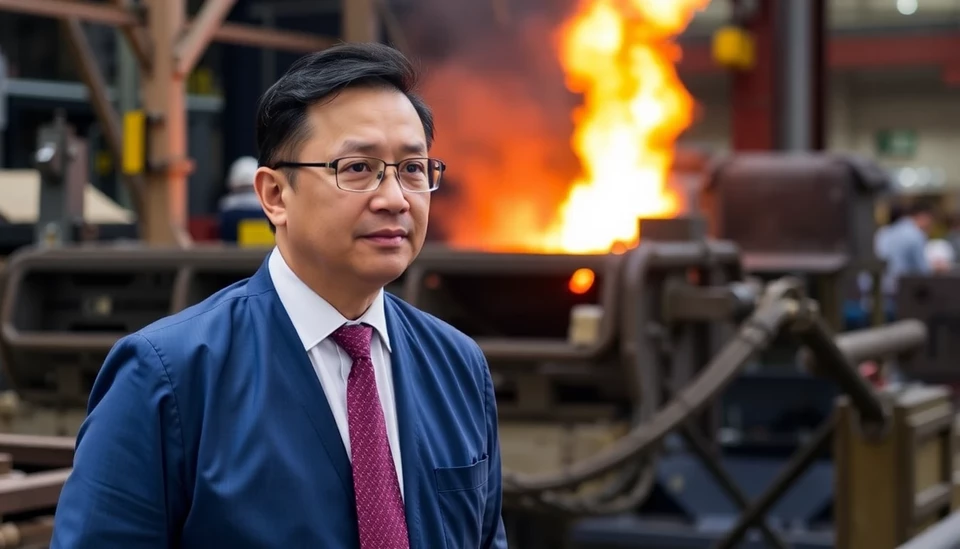
The United Kingdom is setting higher standards for foreign investments, particularly from Chinese companies, following a government-backed rescue of a critical steel producer. This move reflects a broader strategy to ensure that investments align with national security interests, particularly in essential industries.
In recent events, the UK government intervened to save the steel industry by stepping in with a substantial financial aid package. This initiative was primarily aimed at supporting a major steel manufacturer, which was facing severe difficulties due to rising costs and falling demand. The government’s involvement highlights the strategic importance of the steel sector, which plays a crucial role in the manufacturing supply chain and overall economy.
As part of this new framework, UK officials have emphasized the need for heightened scrutiny of prospective investments from China. They intend to establish a trust threshold that foreign investors, especially Chinese firms, will need to meet before being granted access to critical infrastructure and industries. This decision is influenced by rising tensions between China and Western nations, alongside concerns regarding potential national security risks associated with Chinese investments.
UK officials have acknowledged that while foreign investment is vital for economic growth and resilience, it must not come at the expense of security. Therefore, the approach moving forward is expected to involve a more rigorous review process for Chinese investments, especially in sectors deemed sensitive or essential to national interests.
Moreover, the UK’s strategy aligns with similar policies seen across Europe and in the United States, where countries are increasingly cautious about foreign investments, particularly from China. The overarching objective is to safeguard national assets and ensure that key industries remain under domestic control while still encouraging beneficial foreign investments that can fuel technological advancements and job creation.
Industry experts predict that the raised trust threshold will lead to a reduction in the volume of Chinese investments in the UK, as potential investors may find it challenging to meet the new requirements. However, proponents argue that this is a necessary step to protect the UK's strategic interests and to maintain the integrity of its industries.
In summary, the UK's proactive stance on raising the bar for Chinese investments reflects a significant shift in policy aimed at balancing the benefits of foreign capital with the pressing need for national security. As global geopolitical dynamics evolve, the UK is recalibrating its investment landscape, indicating a more cautious and calculated approach to foreign investment moving forward.
As this policy develops, it will be essential to observe how it impacts both the investment environment in the UK and the broader implications for international trade relations, particularly with China.
#UKInvestment #ChineseInvestment #NationalSecurity #SteelIndustry #ForeignInvestment #Geopolitics #EconomicGrowth
Author: Samuel Brooks



